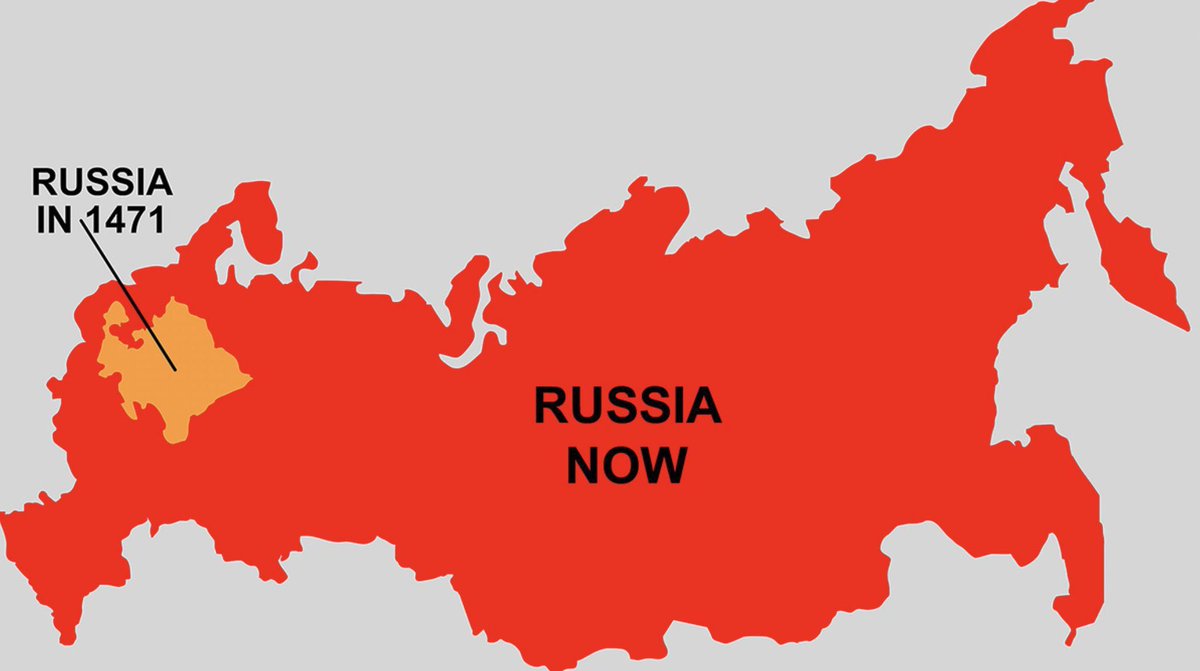Yes, but that is very gentle mode of war from the Russian perspective. Those who decry happening as "madness" or call it "unimaginable" are either clueless (Westerners) or liars (Russians). Russian war in Ukraine is going on *extremely* soft mode. Because Ukraine has air defence
https://twitter.com/tea_raha/status/1560261810607259648
Soviet Union had the largest and the most comprehensive air defence system in the world. It was largely developed as a countermeasure against the U.S. airforce superiority. You have a large and great airforce? Fine, we'll build the large and great air defence. And they did 

After the collapse of the USSR, the bulk of the Soviet military was inherited by Russia. But Ukraine also got a substantial part of it, including the air defence. It declined through the 1990-2000s and by 2014 Ukraine was effectively demilitarised. Its army was dysfunctional 

After Crimea and the start of the war in Donbass, the army improved significantly, including the air defence. Old Soviet air defence system was reinforced by the modern digital equipment and software, specifically the PLC industrial computers
In 1991-2014 Russia fought in countries with zero or weak air defence. Thus it resorted to the indiscriminate use of airforce, bombing cities like Grozny or Aleppo to the ground. Neither Chechens, nor Syrians could do anything against the airforce turning their cities to the dust 

Syrian example illustrates the Russian mode of war and its consequences. Syrian war was *way* worse than the Iraq or Afghanistan. Look at the population graphs for all three countries and you may notice a very particular trend for Syria. Russia enters the game 

If Ukraine didn't have significant air defence, Russia could have resorted to the same indiscriminate use of the airforce as in Syria or Chechnya. But it can't. A thorough air defence system made the use of the airforce very risky and difficult. Russia will just lose its aviation 

Russian war in Ukraine is unprecedentedly soft and gentle. Consider this. They are raising a Peski town with thermobaric artillery rather than with a bomber. Why? Ukraine has air defence. That's why Russia is so gentle and slow. It can't bomb everything to the dust as in Syria
To sum up:
1. Russian war in Ukraine isn't cruel. It's very gentle, because Ukraine has means of defence. Previous victims of Russia did not
2. Russian mode of war is pure evil
3. Russian public opinion preferred not to notice or condone that evil till they got hurt themselves
1. Russian war in Ukraine isn't cruel. It's very gentle, because Ukraine has means of defence. Previous victims of Russia did not
2. Russian mode of war is pure evil
3. Russian public opinion preferred not to notice or condone that evil till they got hurt themselves
4. The strange softness of the Russian army in Ukraine results from Ukraine being armed. Therefore, arming Ukraine is the single best way to deescalate this conflict. The better is Ukraine armed, the more Russia will deescalate. At some point they'll try to back off
5. Russia is a large and strong military machine without *any* ethical or humanitarian concerns. In Syria they literally depopulated a large country. Russian public opinion ignores or endorses it. Ergo, Russia must be demilitarised to minimise the danger it poses to the world
6. Demilitarisation of Russia requires its breakup. Should Moscow keep control over its colonies, it will endure through the hard times and then rebuild its military again. The only way to prevent it is to allow the colonies to break away from under the power of Moscow
7. Russian Federation is the extreme anomaly. It is the last European colonial empire that still continues to exist. Some of these colonies are predominantly white, others are POC-populated. All of them however, should receive a chance for independence from the metropole. The end 

• • •
Missing some Tweet in this thread? You can try to
force a refresh





